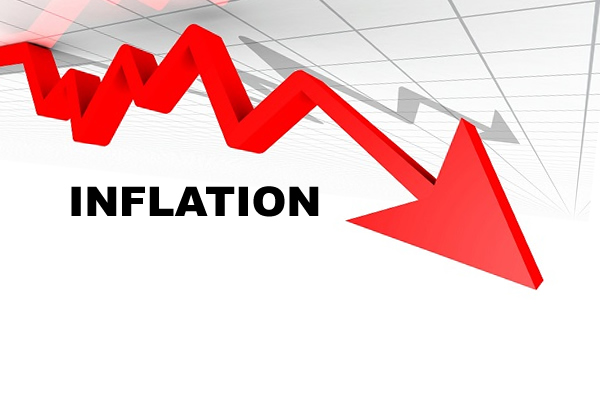
UK annual inflation slides to 13-month low
Britain’s annual inflation rate fell sharply to a 13-month low of 8.7 percent in April with energy prices much weaker than a year earlier, official data revealed Wednesday.
The rate of price increases slowed from 10.1 percent in March, bringing inflation under 10 percent for the first time since August last year, the Office for National Statistics said in a statement.
At 8.7 percent, it was the lowest level since March last year, when the rate stood at 7.0 percent.
“However, prices in general remain substantially higher than they were this time last year, with annual food price inflation near historic highs,” noted ONS chief economist Grant Fitzner.
April’s rate was above the Bank of England’s (BoE) prediction for inflation of 8.4 percent last month, in spite of the drop.
Britain’s annual inflation rate in April was also the highest among countries in the Group of Seven rich economies featuring also Canada, France, Germany, Italy, Japan and the United States.
The BoE’s target rate of 2.0 percent remains very far off, while the UK government has said it sees inflation dropping to about 5.0 percent by year-end.
Last month, “the rate of inflation fell notably as the large energy price rises seen last year were not repeated… but was offset partially by increases in the cost of second-hand cars and cigarettes,” He mentioned.
The data comes one day after the International Monetary Fund delivered a major U-turn on its forecast for the UK economy, saying it expected growth this year just one month after predicting a contraction.
Britain’s economy is expected to expand 0.4 percent in 2023, the IMF said in its latest outlook document, which cited weaker energy prices.
The IMF ripped up its previous forecast in April for a 0.3-percent contraction.
“The IMF said yesterday we’ve acted decisively to tackle inflation but although it is positive that it is now in single digits, food prices are still rising too fast,” finance minister Jeremy Hunt said following Wednesday’s data.





